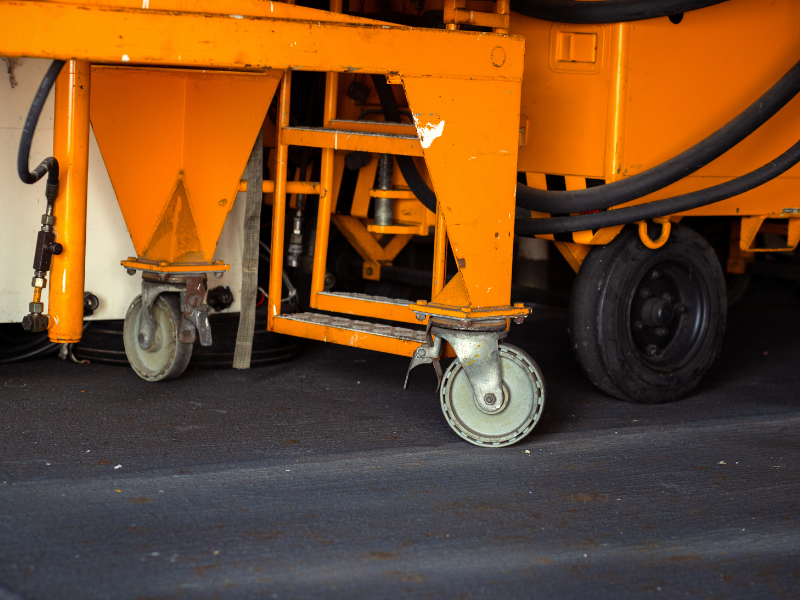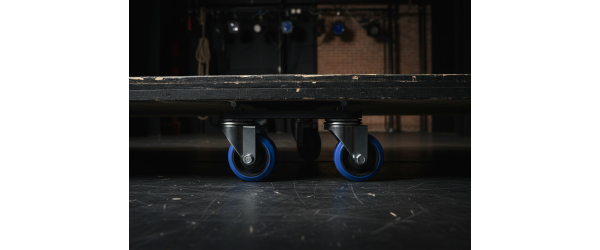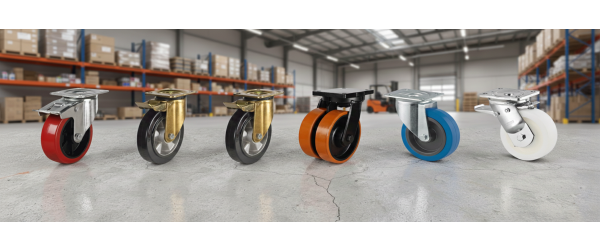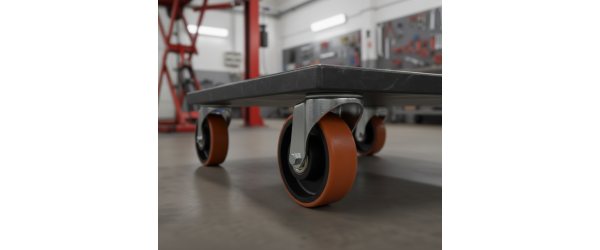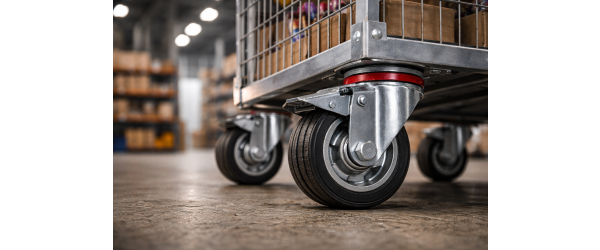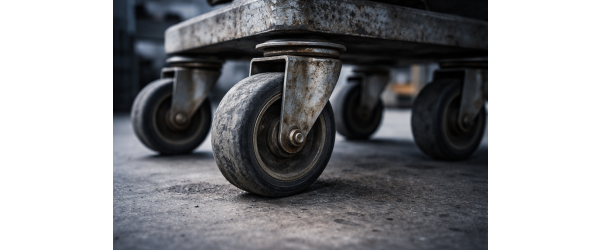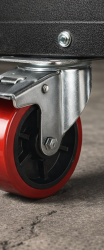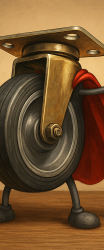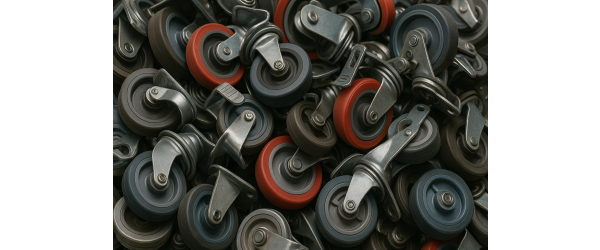The efficient operation of industrial machinery often hinges on the tiny, yet fundamental, components that keep them in motion. Among these unsung heroes are industrial castor wheels, the silent supporters facilitating smooth movement and operational efficiency across a myriad of industries. Industrial castor wheels are integral to an impressive array of equipment, including trolleys, dollies, carts, and a variety of mobile workstations. The longevity and performance of these systems largely depend on the condition of these wheels.
However, even the most robust industrial castor wheels are not immune to wear and tear. Over time, these wheels require keen attention, periodic maintenance, and inevitably, replacement. The question then arises — when is the right time to replace your industrial castor wheels? This blog post aims to shed light on this often-overlooked, yet crucial aspect of industrial maintenance.
Spotting The Signs: Reduced Mobility and Visible Damage
One of the main tell-tale signs is when the equipment becomes less mobile, requiring greater effort to push or pull than before. This could be a symptom of worn-out industrial castor wheels. Over time, wheel treads can become thin, adversely affecting their grip, and leading to increased resistance. Another cause of reduced mobility could be wheel bearing failure.
Furthermore, visible signs of damage such as cracks, flat spots, or substantial wear on the wheel's surface suggest the need for replacement. Such deformations, often caused by heavy loads or high-speed operations, can compromise equipment stability, escalating the risk of workplace accidents and injuries. Replacing such industrial castor wheels at the earliest opportunity is critical.
Unusual Noises: An Indicator of Industrial Castor Wheel Wear
Excessive noise during operation is another sign that your castor wheels might need replacement. Squeaking or rumbling sounds may indicate worn-out bearings or issues with the wheel material itself. While some noise is normal in industrial settings, unusually loud or persistent noise warrants a thorough check of the wheel's condition.
Consider polyurethane and rubber-coated castors if you are looking for noise reduction when moving loads in an industrial setting. This castor type also offers better floor protection due to the rubber coating.
Adapting to Changing Applications or Environments
In some instances, the application or environment may change, making your current castor wheels unsuitable. For example, a change in floor surface, an increase in load capacity, or a shift in the frequency of use could necessitate a switch to a different type of castor wheel. In such cases, it's advisable to consult a castor wheel specialist
who can guide you toward the most suitable choice for your revised conditions.
Remember, preventive maintenance can significantly extend the lifespan of your industrial castor wheels. Regular inspections for wear and tear, proper installation, and respecting load capacity limits are fundamental to enhancing wheel longevity. However, despite the most stringent maintenance, the time will inevitably come for the replacement of these vital wheels to maintain operational efficiency and safety.
Making the Right Choice
Selecting new industrial castor wheels requires a nuanced understanding of your specific needs. Keep in mind the type of environment they'll operate in, the load capacity they'll support, and the frequency of use they'll endure.
Consider the floor condition — rough or uneven surfaces may require wheels with high impact resistance, such as those made of polyurethane or rubber. For heavy loads, opt for wheels with high load capacity, often found in steel or cast iron wheels. If you're working in unique environments like laboratories or food processing units, choose industrial castor wheels made from materials resistant to chemicals and extreme temperatures.
Another critical factor is the wheel's size. Larger wheels move easier over obstacles and offer better load-bearing capabilities, while smaller ones provide more manoeuvrability. Lastly, check the quality of the bearings. High-quality bearings ensure smoother motion and prolong the lifespan of your wheels.
Finding Replacement Industrial Castors
Attentive care and monitoring of your industrial castor wheels are vital to your equipment's smooth operation. Indications like decreased mobility, visible damage, unusual noise, or changes in the work environment should signal the need for replacement.
At Castors Online, we supply a diverse range of superior industrial castor wheels for all your replacement requirements. Keeping your wheels in top-notch condition boosts efficiency and enhances workplace safety. Recognise that careful maintenance and timely replacement of industrial castor wheels are crucial investments toward the sustainable success of your operations.
